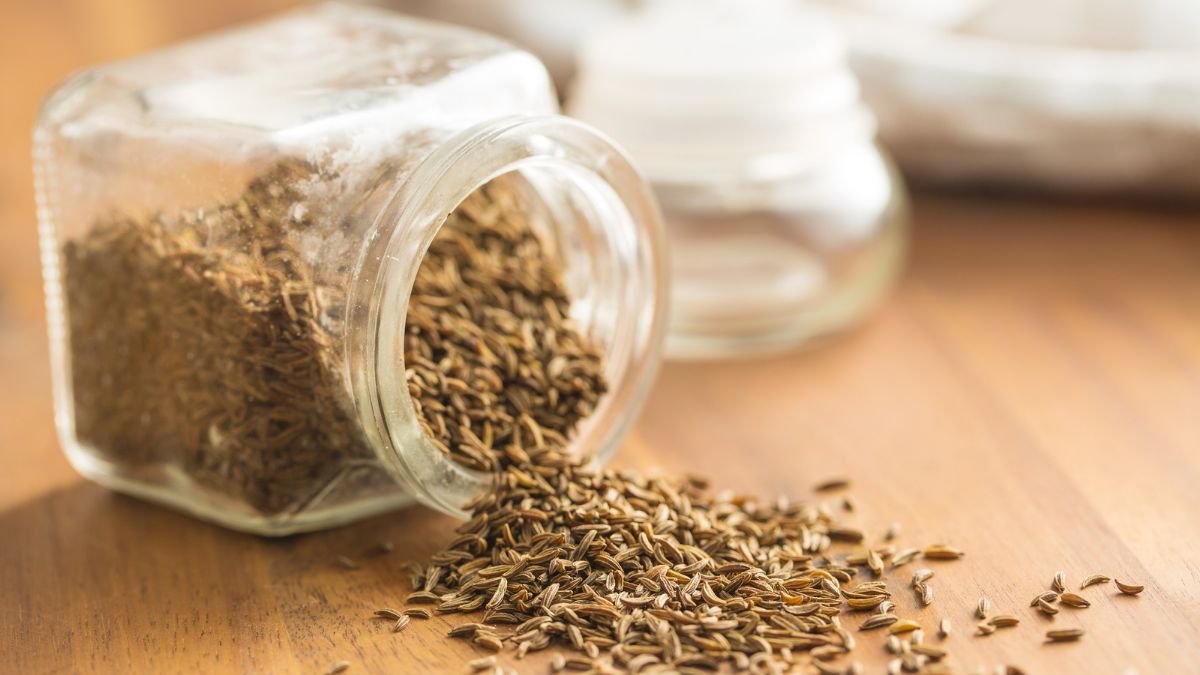COOKING WITH CUMIN: WHAT YOU SHOULD KNOW ABOUT THIS VERSATILE SPICE
Introduction to Cumin
Cumin (Cuminum cyminum L) is an ancient Middle Eastern herb. It's a low-growing, leafy plant related to carrots and parsley. The cumin seed, which is what most people know and use in their kitchen, is the seed of the cumin plant. Cumin Seasoning is traditionally found in China, India, and the Mediterranean coast.
Cumin seed has a fragrant scent and a bitter taste. It is a condiment ingredient in curry powders, bread, cake, and cheese seasonings. It is used in Central and South American local recipes. It is used in medicine as a stimulant, carminative, stomachic, and astringent. Cumin seed oil is used in perfumery and the flavoring of liqueurs and cordials.
History of Cumin
Cumin seasoning was mentioned for the first time 5,000 years ago as a mummification component for Egyptian pharaohs' bodies. The Bible mentions it in the book of Isaiah (28: 25-27). In the Hadith, the prophet Mohammed is quoted as saying, "Hold on to utilize the black cumin, for it may heal any ailment except death." Cumin was first grown in Iran and the Mediterranean region. As a symbol of love and devotion, wedding guests carried cumin seeds in their pockets. Although cumin was present in the diets of Indian, Greek, and Roman cultures, European colonialism helped spread the spice to North and South American cuisines.
The Benefits of Cumin

DISCLAIMER- This blog does not provide you with any medical advice. It is strictly meant to be an informational and recipe blog only. Please consult your physician or medical expert for what works best for you.
- It may aid in Weight Loss - Studies suggest that women who want to reduce weight should consume 3 grams of cumin powder daily and have a balanced diet. Triglycerides, BMI, and weight are all improved after regular consumption. According to the Study, the cumin consuming people dropped substantial weight after eight weeks. The cumin group also had lower insulin levels.
- Cumin Regulates Sugar Levels - Cumin stimulates insulin production in the body, which helps to keep blood glucose levels in check. Consuming Cumin Seasoning regularly can help you lower your blood sugar levels. According to Research, crude ethanol extract from cumin seeds could be utilized as an alternate diabetic treatment.
- Cholesterol Control - According to a Study of overweight and obese women, consuming 3 g of cumin powder daily resulted in lower total cholesterol, low-density lipoprotein, or "bad" cholesterol, and triglycerides. Those who consumed the cumin powder also had higher HDL levels or "good" cholesterol.
- It has antioxidant properties - Antioxidants prevent the damage caused by free radicals. Spice Cumin seeds have a high concentration of plant antioxidants such as phenols, flavonoids, and alkaloids. Cumin's antioxidant capabilities may help to avoid clogged arteries and heart disease.
- It may Aid in regulating blood pressure - Cumin has much potassium. Potassium is essential to the processes that keep the body's blood pressure stable. Spice Cumin has roughly 1788 mg of potassium per 100 g. Making cumin a part of your diet is thus a straightforward approach to help your body absorb the necessary potassium.
- Adequate Cumin Dosage - While cooking with cumin and consuming dishes containing this familiar spice is generally safe (and likely healthy) for most people, there may be specific situations where cumin supplementation should be minimized or avoided.
Cumin seasoning supplementation does not have a universally accepted dose among health specialists. However, the usual amount of cumin supplements on store shelves is 300-600 mg daily. Although cumin is generally considered non-toxic, ingesting dosages greater than this may result in harmful effects. People with allergies to this spice or with low blood sugar shall be cautious with cumin dosage, and Women who are pregnant or planning for it also must not consume cumin in high dosage.
How to Cook With Cumin in your Kitchen?

Final Words

Jeera is a genuinely fantastic spice! As more Studies are completed, proof of cumin's numerous health advantages grows. However, it is critical to do just what is necessary. If you don't use cumin regularly, try it and learn about its many benefits! At Alcoeats, we source the best Cumin Powder that is 100% natural and of the best quality. We believe in strengthening the local communities by purchasing our Cumin Powder ethically and directly from local Indian farmers.
FREQUENTLY ASKED QUESTIONS
Who should not consume cumin?
People with diabetes and weak livers or kidneys should avoid taking cumin since it contains a highly volatile oil that might cause these organs to fail. Furthermore, breastfeeding/pregnant women and anyone suffering from respiratory illnesses should avoid ingesting cumin.
Does cumin help with weight loss?
Cumin can help with weight loss; it cannot entirely remove fat from your body, but it can help.
What flavor does cumin give to food?
Cumin adds instant depth to any dish by being rich, hearty, earthy, toasty, and citrusy. Use ground cumin instead of whole cumin seed in dishes where you want the flavor to be distributed evenly.
How do you use cumin in your cooking?
You may use this in stir-fry, curries, soups, salads, chaats, and other recipes. It should be added toward the end of a stew or stir fry. Combine it with coriander powder or garam masala to use in recipes.
Can I consume cumin water daily?
Yes. It is appropriate, and you are advised to drink cumin water daily, especially in the morning, to cleanse and hydrate your body effectively.
Related Products
Tags
Related Articles
Blog Category

